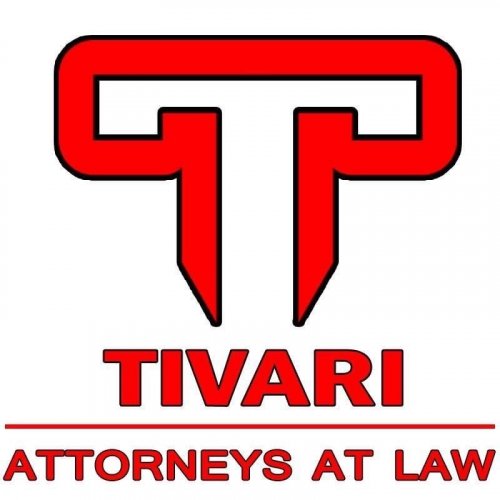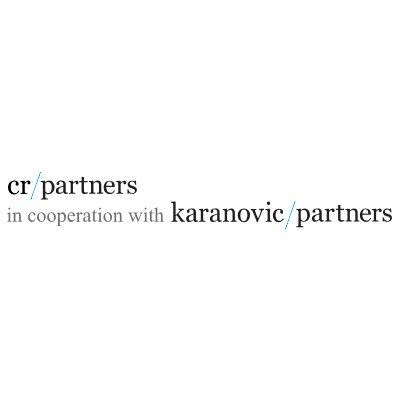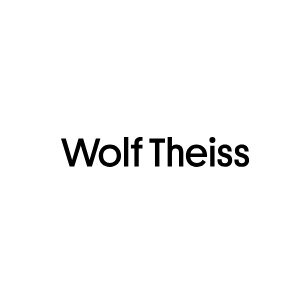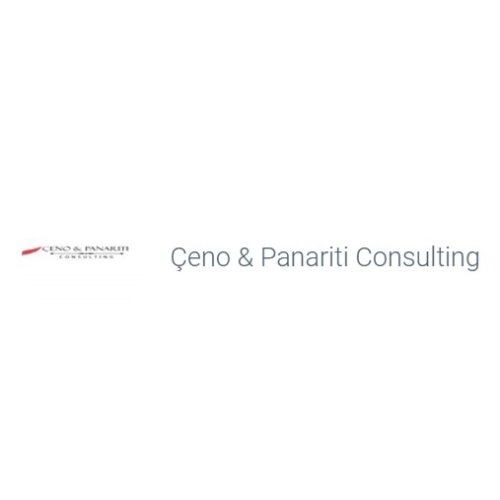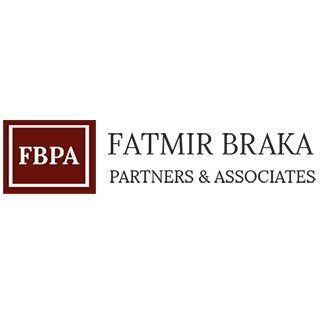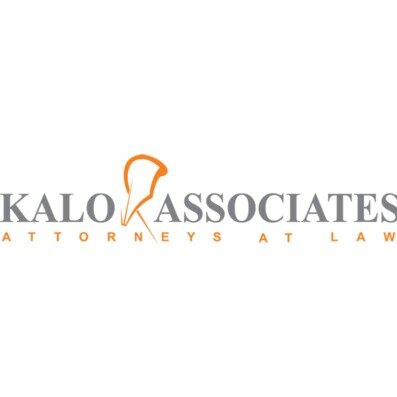Best Art & Cultural Property Law Lawyers in Tirana
Share your needs with us, get contacted by law firms.
Free. Takes 2 min.
List of the best lawyers in Tirana, Albania
About Art & Cultural Property Law in Tirana, Albania
Art & Cultural Property Law in Tirana, Albania, governs the protection, ownership, and transfer of art and cultural heritage items. This field of law is crucial for preserving Albania's rich cultural history and ensuring that cultural artifacts are maintained, preserved, and used appropriately. Due to its historical significance and varied influences, Tirana houses numerous artworks and cultural properties that require legal oversight to combat illicit trafficking and ensure rightful ownership and use.
Why You May Need a Lawyer
Individuals and organizations in Tirana may require legal assistance in Art & Cultural Property Law for several reasons:
- Disputes over ownership: If there is a disagreement over the ownership of an art piece or cultural property.
- Loaning arrangements: When arranging the loan of art pieces for exhibitions either nationally or internationally.
- Import/export issues: Navigating the legalities surrounding the import and export of cultural property.
- Authentication and provenance: Issues related to the provenance or authentication of art pieces.
- Damage and restoration: Legal questions arising from the damage or restoration of cultural property.
- Compliance with local laws: Ensuring compliance with Albanian laws and international agreements pertaining to cultural heritage.
Local Laws Overview
In Tirana, the legal framework concerning art and cultural property includes multiple layers of protection and regulation:
- Cultural Heritage Laws: These laws aim to protect and preserve Albania's cultural heritage, detailing processes for the protection and restitution of cultural goods.
- Export Controls: Regulations concerning the export of cultural artifacts are strictly enforced to prevent illicit trafficking.
- Preservation Mandates: Align with international standards, including UNESCO conventions, focusing on the preservation of significant cultural sites and items.
- Registration and Documentation: Important cultural properties must be registered and documented within official channels to ensure legal protections are applied.
- Penalties for Violations: Legal consequences for individuals caught in breach of the law, including fines, confiscation of items, or other sanctions under the Albanian Penal Code.
Frequently Asked Questions
What is considered cultural property under Albanian law?
Cultural property includes objects, sites, and structures of historical, artistic, or archaeological interest that are significant to Albania's cultural heritage.
How do I prove ownership of an artwork?
Proof of ownership typically requires documentation such as purchase receipts, authentication certificates, or historical records that establish a legal claim to the piece.
Is it illegal to export artwork from Albania without permission?
Yes, strict regulations are in place, making it illegal to export cultural properties and certain artworks without official permission from relevant authorities.
What steps should I take if I inherit cultural property in Albania?
Consult with a lawyer specialized in Art & Cultural Property Law to ensure proper legal documentation and compliance with inheritance and cultural preservation laws.
Can replicas of cultural artifacts be made legally?
Yes, replicas can be made, but they must be clearly marked as such and not intended for sale as original artifacts.
What are the legal implications if cultural property is damaged?
Damaging cultural property can result in legal penalties, including fines or imprisonment. Restoration must follow guidelines set by cultural authorities.
How can I authenticate an art piece?
Engage services from recognized experts or institutions that provide authentication certificates verifying an artwork's history and origin.
What is the process for reclaiming stolen cultural property in Albania?
Report the theft to law enforcement and consult with legal professionals to pursue restitution through legal or diplomatic channels.
How does Albania handle disputes over the provenance of artworks?
Disputes are resolved through legal processes involving evidencecollection, expert testimonies, and judicial review to establish the rightful ownership or provenance of the disputed item.
Are there tax benefits for donating cultural property to museums in Albania?
Yes, donors may receive tax incentives, but specifics should be confirmed through consultation with a legal expert or tax advisor familiar with Albanian tax laws.
Additional Resources
For further guidance, consult the following resources and organizations:
- Institute of Cultural Monuments: Provides information and assistance for cultural property protection.
- Ministry of Culture of Albania: Offers guidance on compliance with cultural heritage laws.
- National Heritage Agency: Manages documentation and legal issues related to cultural heritage.
- Albanian Artistic and Cultural Heritage Foundation: Offers support and resources for cultural preservation efforts.
Next Steps
If you need legal assistance in Art & Cultural Property Law in Tirana, Albania, consider the following steps:
- Consultation: Schedule a meeting with a lawyer specialized in this field to assess your situation and determine necessary actions.
- Documentation: Gather any relevant documentation pertaining to your case, such as deeds, receipts, and communication records.
- Research: Familiarize yourself with local regulations and resources to better understand your legal standing.
- Action Plan: Develop a strategic plan with your lawyer to address your legal needs, considering both short-term and long-term goals.
Lawzana helps you find the best lawyers and law firms in Tirana through a curated and pre-screened list of qualified legal professionals. Our platform offers rankings and detailed profiles of attorneys and law firms, allowing you to compare based on practice areas, including Art & Cultural Property Law, experience, and client feedback.
Each profile includes a description of the firm's areas of practice, client reviews, team members and partners, year of establishment, spoken languages, office locations, contact information, social media presence, and any published articles or resources. Most firms on our platform speak English and are experienced in both local and international legal matters.
Get a quote from top-rated law firms in Tirana, Albania — quickly, securely, and without unnecessary hassle.
Disclaimer:
The information provided on this page is for general informational purposes only and does not constitute legal advice. While we strive to ensure the accuracy and relevance of the content, legal information may change over time, and interpretations of the law can vary. You should always consult with a qualified legal professional for advice specific to your situation.
We disclaim all liability for actions taken or not taken based on the content of this page. If you believe any information is incorrect or outdated, please contact us, and we will review and update it where appropriate.





